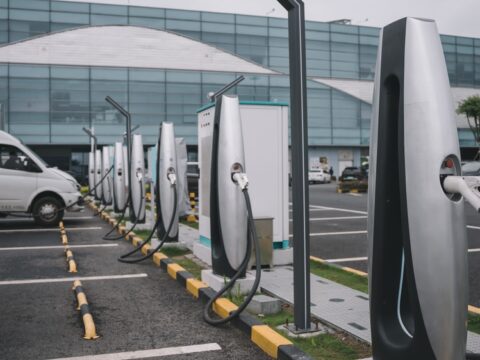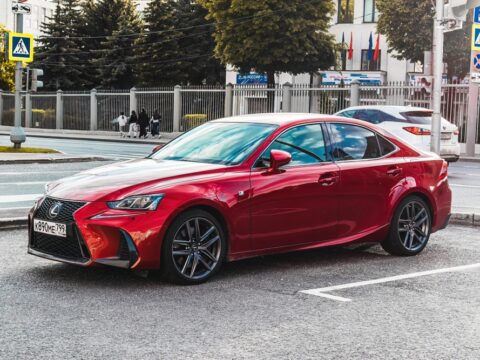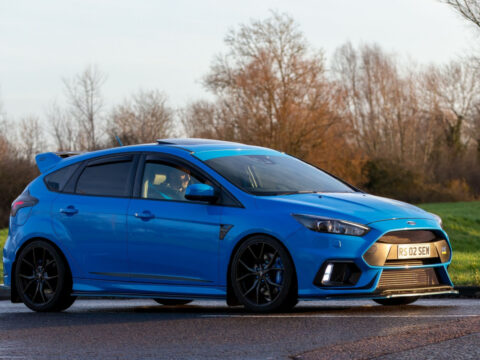Thinking about making the switch to an electric car? While the idea is exciting, there are a few important factors to consider before making the leap. In this article, we’ll explore 15 compelling reasons why you might want to hold off on purchasing an electric vehicle just yet. From practical concerns to financial considerations, these points will help you make a more informed decision.
Contents
Limited Charging Infrastructure
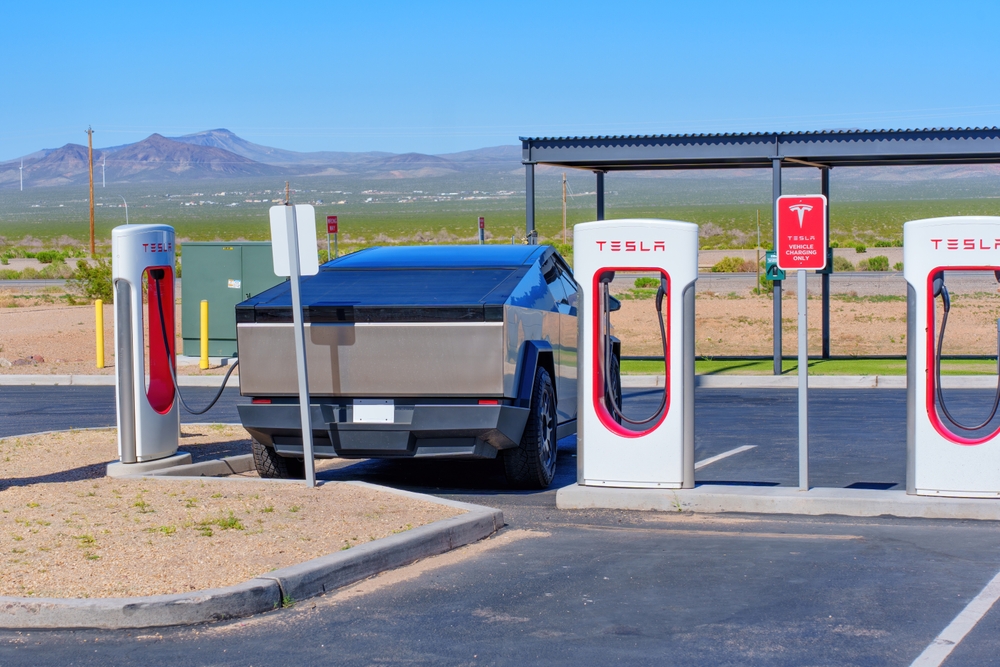
Many areas still lack sufficient charging stations, making long trips challenging. While urban centers and highways are increasingly equipped with charging stations, rural areas and less populated regions often have sparse options. This limitation can make long-distance travel and daily commutes inconvenient, as drivers may need to plan their routes carefully to ensure they can recharge their vehicles.
High Initial Costs
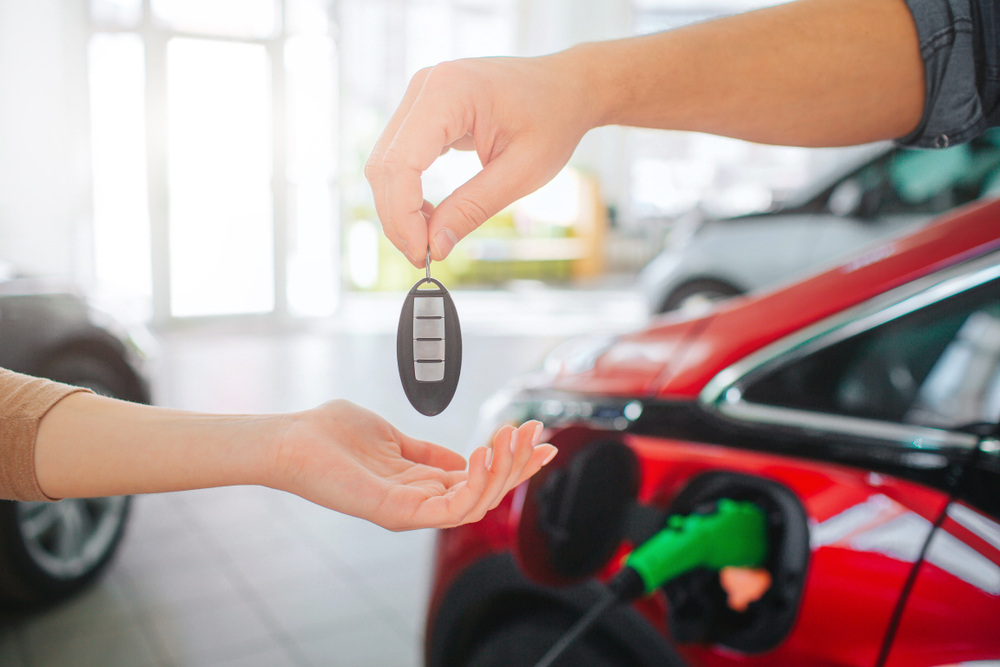
Image Editorial Credit: Shutterstock.com
Electric vehicles (EVs) often come with a higher price tag compared to traditional cars. The cost of EVs is primarily driven by the expensive battery technology used in these vehicles. Although prices are gradually decreasing, the upfront cost remains a significant barrier for many consumers. Additionally, some of the latest EV models equipped with advanced features and longer range capabilities can be even more expensive.
Range Anxiety
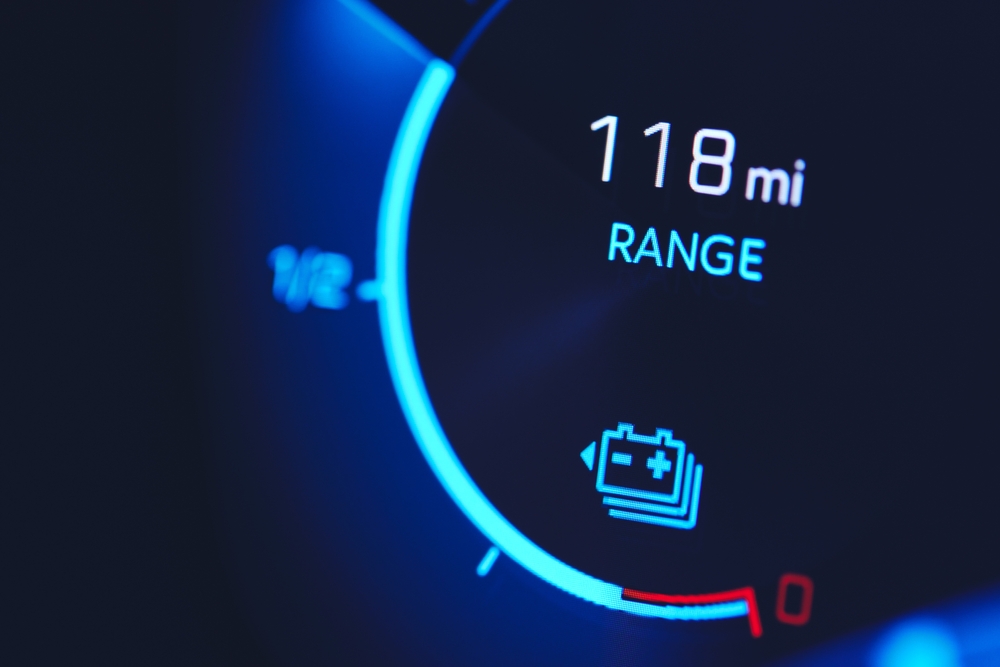
Image Editorial Credit: Shutterstock.com
The fear of running out of battery before reaching a charging station can be stressful. Despite improvements in battery technology, many EVs still offer limited range compared to gasoline vehicles. This can cause anxiety for drivers who need to travel long distances or who live in areas with few charging stations. Range anxiety can be a significant deterrent for potential EV buyers.
Longer Charging Times
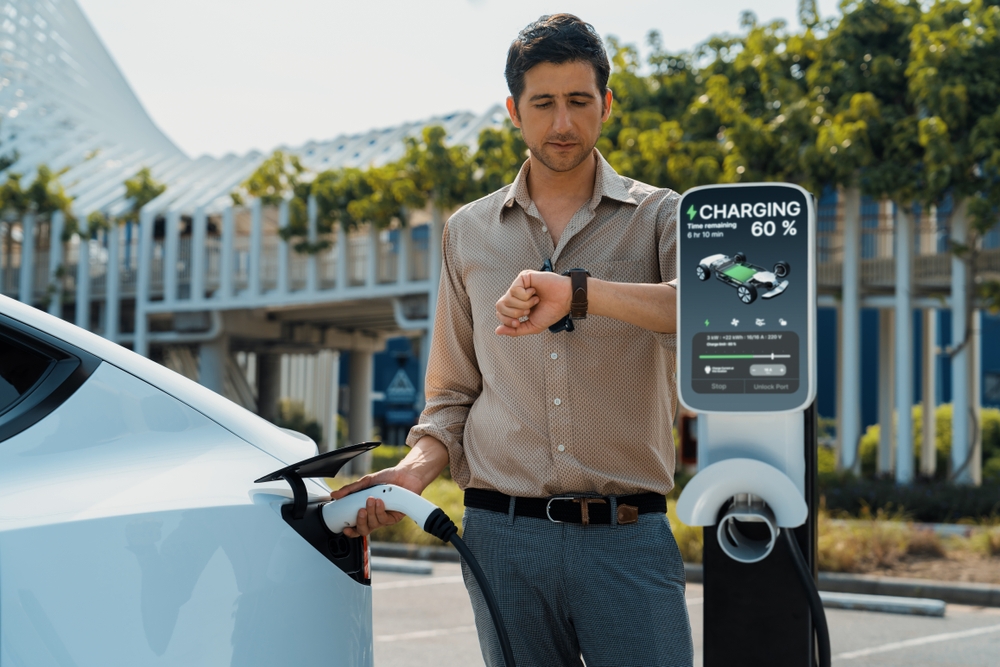
Image Editorial Credit: Shutterstock.com
Charging an EV can take significantly longer than refueling a gas-powered car. While refueling a gasoline vehicle takes just a few minutes, charging an EV can take anywhere from 30 minutes at a fast-charging station to several hours with a standard home charger. This extended charging time can be inconvenient, especially for drivers who are used to the quick refueling process of traditional cars.
Battery Degradation
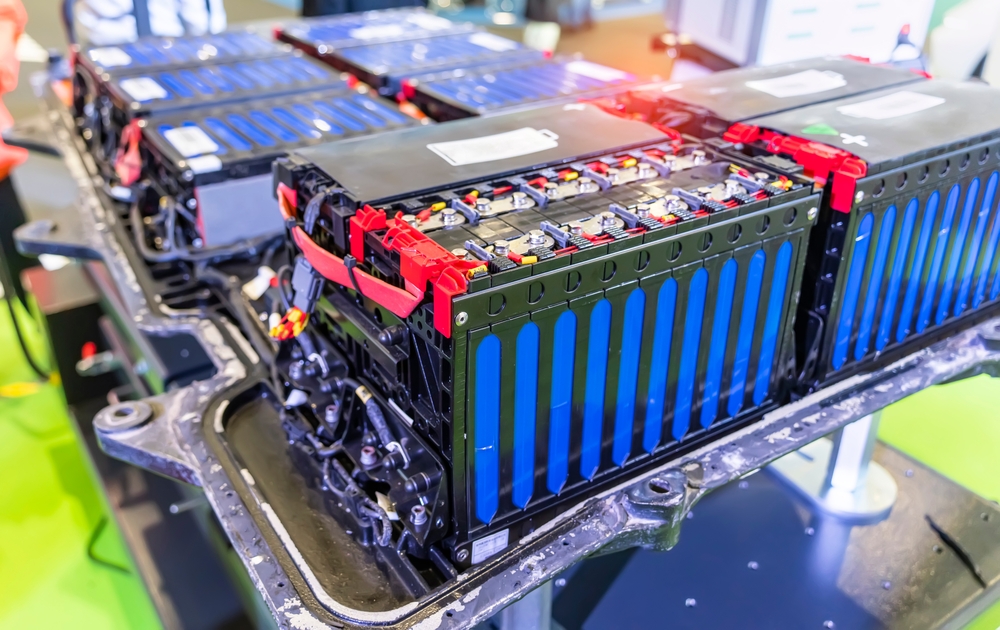
Image Editorial Credit: Shutterstock.com
Over time, an EV’s battery can lose its ability to hold a charge, reducing the vehicle’s range. Battery degradation occurs naturally with use and can be accelerated by factors such as high temperatures and frequent fast charging. As the battery degrades, the range of the vehicle decreases, potentially requiring costly battery replacements or reducing the vehicle’s resale value.
Resale Value Uncertainty
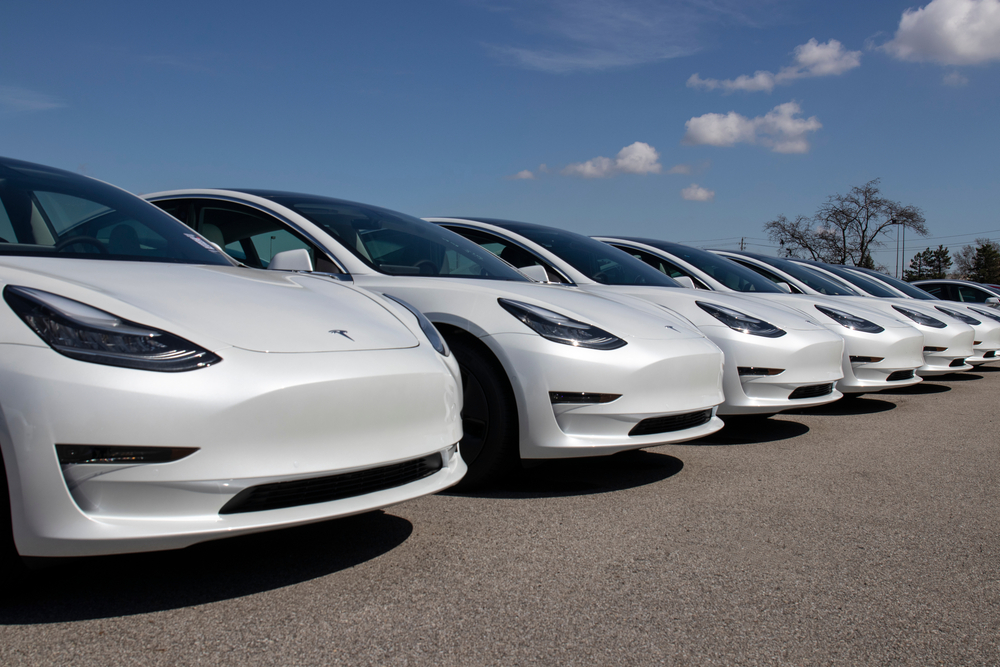
Image Editorial Credit: Shutterstock.com
The resale market for EVs is still developing, making it harder to predict future value. EV technology is rapidly evolving, which can cause older models to depreciate quickly. Additionally, concerns about battery degradation and the availability of charging infrastructure can make potential buyers hesitant, further affecting resale values.
Limited Model Options

Image Editorial Credit: Shutterstock.com
The variety of EV models available is still growing, offering fewer choices than traditional cars. While the selection of EVs is expanding, it still pales in comparison to the vast array of gasoline-powered vehicles on the market. Consumers looking for specific features, body styles, or performance characteristics may find their options limited when choosing an EV.
Technological Advances
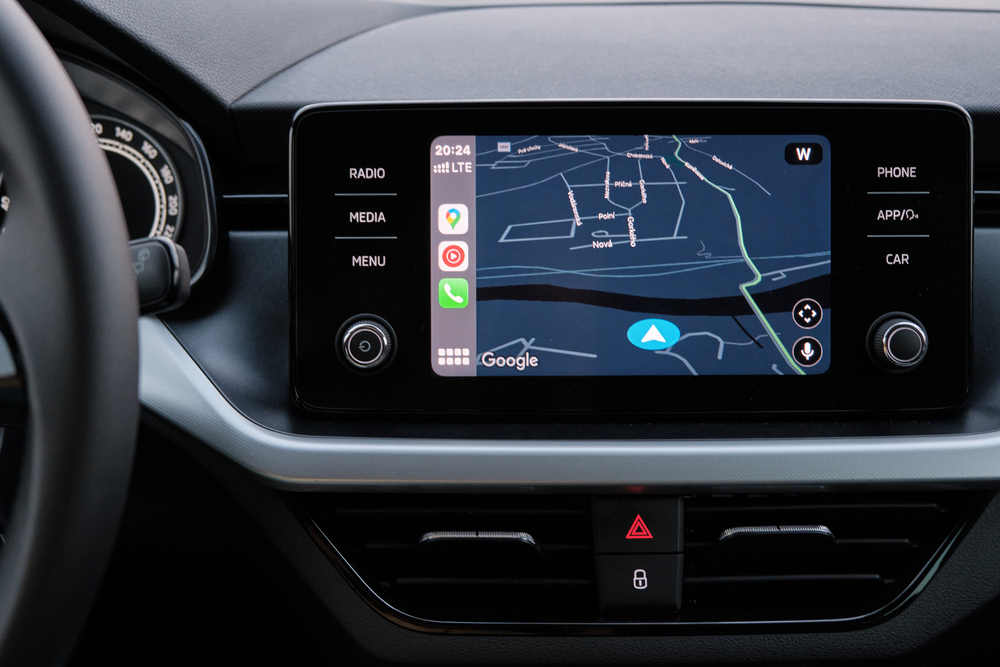
Image Editorial Credit: Shutterstock.com
Waiting could mean benefiting from new, more advanced technology as the market evolves. The EV industry is constantly innovating, with improvements in battery technology, charging infrastructure, and vehicle features. By waiting, consumers might be able to purchase an EV with better range, faster charging times, and more advanced features at a lower cost.
Higher Insurance Costs
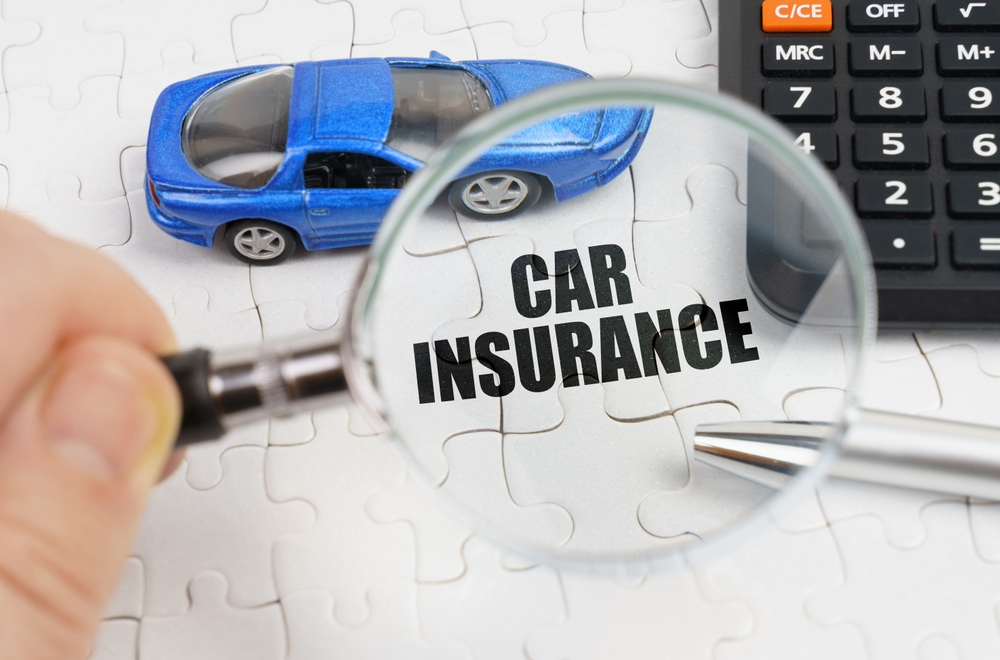
Image Editorial Credit: Shutterstock.com
EVs can sometimes have higher insurance premiums due to their higher repair costs. The cost of repairing EVs, particularly their batteries and specialized components, can be significantly higher than for traditional vehicles. This increased repair cost can result in higher insurance premiums, adding to the overall cost of ownership.
Expensive Repairs
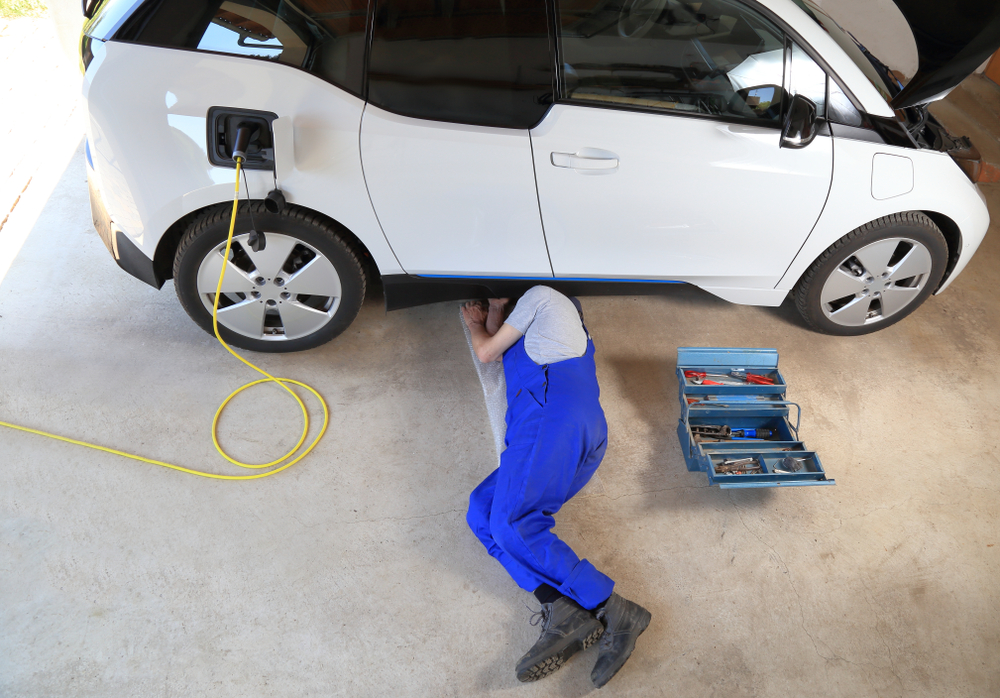
Image Editorial Credit: Shutterstock.com
Repairs for EVs can be more costly, especially for battery-related issues. The advanced technology and specialized components used in EVs often require specific knowledge and tools to repair. This can result in higher labor costs and more expensive replacement parts, particularly for battery repairs or replacements, which can be a significant expense.
Cold Weather Performance
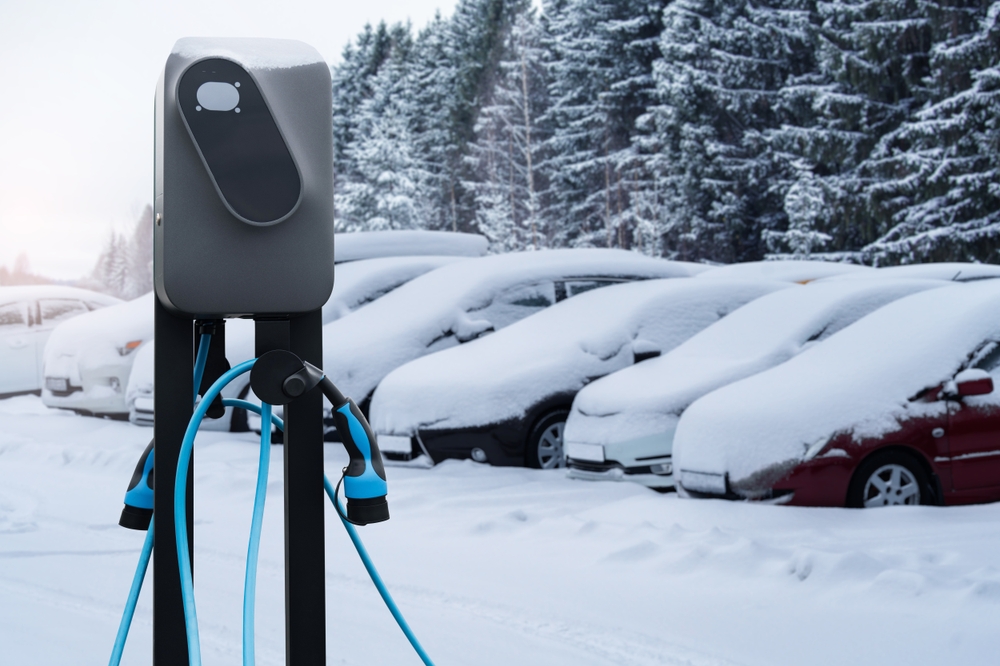
Image Editorial Credit: Shutterstock.com
EV batteries can perform poorly in cold weather, reducing range and efficiency. Cold temperatures can negatively impact the chemical reactions within the battery, leading to reduced range and longer charging times. This can be a significant drawback for drivers living in colder climates, where EV performance can be noticeably affected during the winter months.
Limited Road Trip Viability

Image Editorial Credit: Shutterstock.com
Planning a road trip with an EV can be complicated due to charging station availability. While road trips are a popular way to explore new places, the limited availability of charging stations can make planning an EV road trip challenging. Drivers need to carefully map out their route and ensure there are sufficient charging options along the way, which can add complexity to the trip.
Home Charging Setup Costs
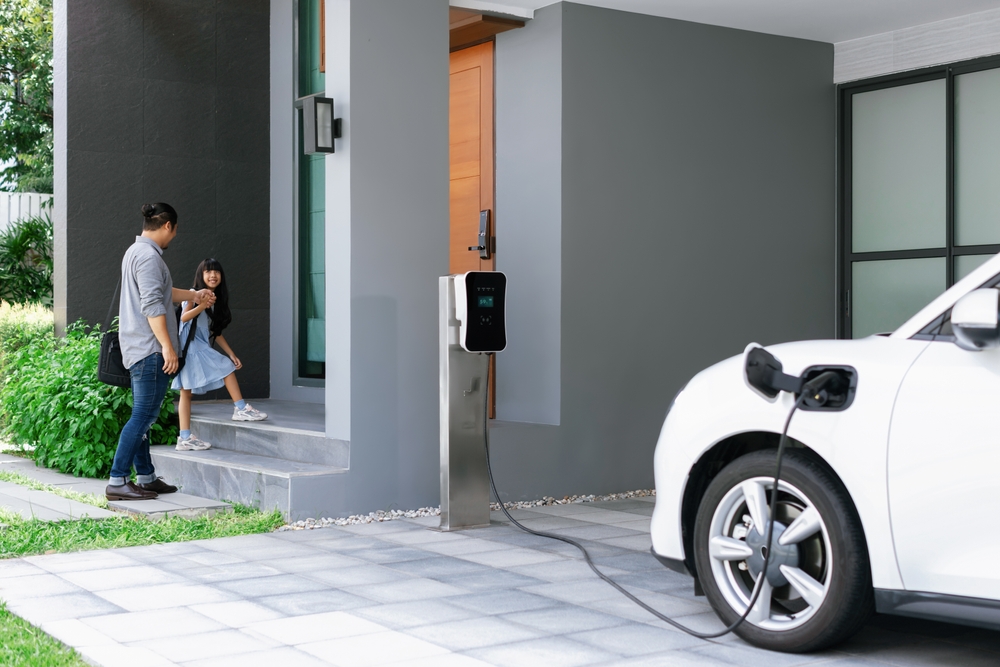
Image Editorial Credit: Shutterstock.com
Installing a home charging station can be expensive and inconvenient. While home charging is a convenient way to keep an EV charged, the installation of a home charging station can be costly. Depending on the electrical setup of the home, significant modifications might be needed, adding to the overall expense and potential inconvenience.
Environmental Impact of Battery Production
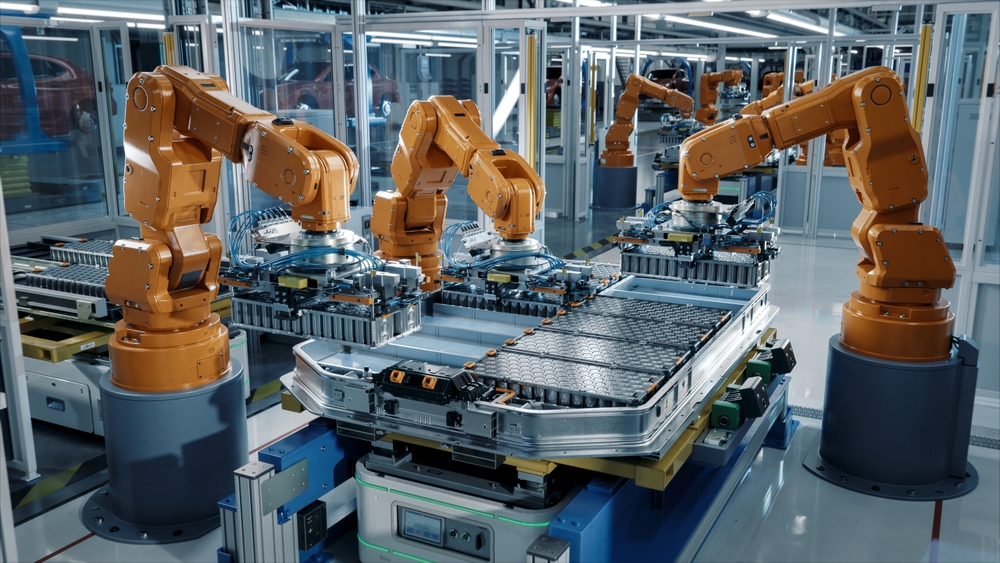
Image Editorial Credit: Shutterstock.com
Producing EV batteries has a significant environmental footprint. The extraction and processing of raw materials used in batteries, such as lithium, cobalt, and nickel, can have substantial environmental impacts. Additionally, the manufacturing process for batteries is energy-intensive, contributing to greenhouse gas emissions and other environmental concerns.
Charging Station Compatibility Issues
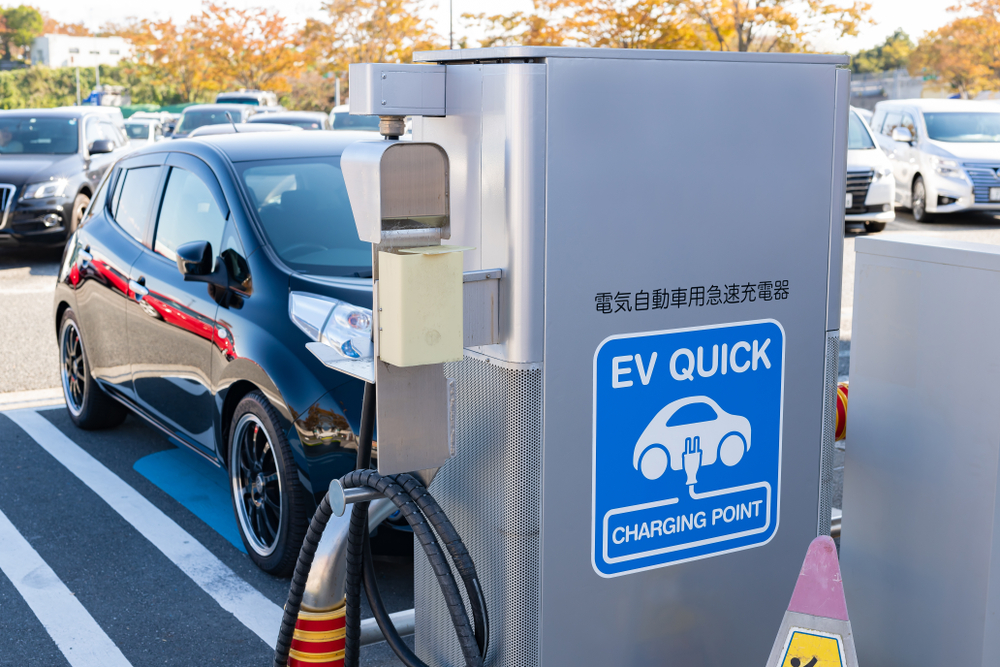
Image Editorial Credit: Shutterstock.com
Not all charging stations are compatible with all EV models. While there is a push for standardization, some EVs require specific types of chargers or connectors. This can lead to compatibility issues, where certain charging stations may not work with a particular EV, adding inconvenience for the driver.
This article originally appeared in MyCarMakesNoise.
More from MyCarMakesNoise
20 Fascinating Facts About the Iconic Mercedes-Benz G-Class

The Mercedes-Benz G-Class, also known as the G-Wagen, has a fascinating history and impressive capabilities. Originally developed as a military vehicle in the 1970s, it transitioned into a luxury SUV without losing its ruggedness. Read More.
18 Vintage RVs That Are Now Highly Collectible and Worth Restoring

Vintage RVs offer a unique charm and a glimpse into the golden age of travel, where adventure met retro style. Many of these classic RVs have become highly collectible due to their distinctive designs, quality craftsmanship, and nostalgic appeal. Read More.
20 Easy Ways People Neglect Their Motorcycle’s Engine
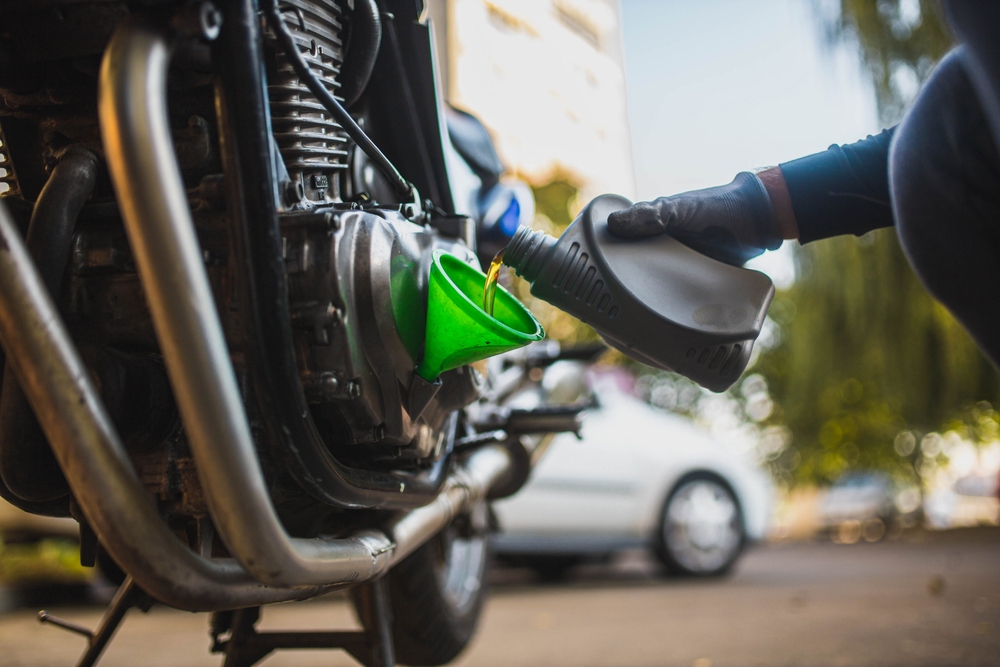
Neglecting a motorcycle’s engine can lead to costly repairs and performance issues down the road. Many riders unintentionally overlook routine maintenance tasks, often resulting in unnecessary wear and tear. Read More.

